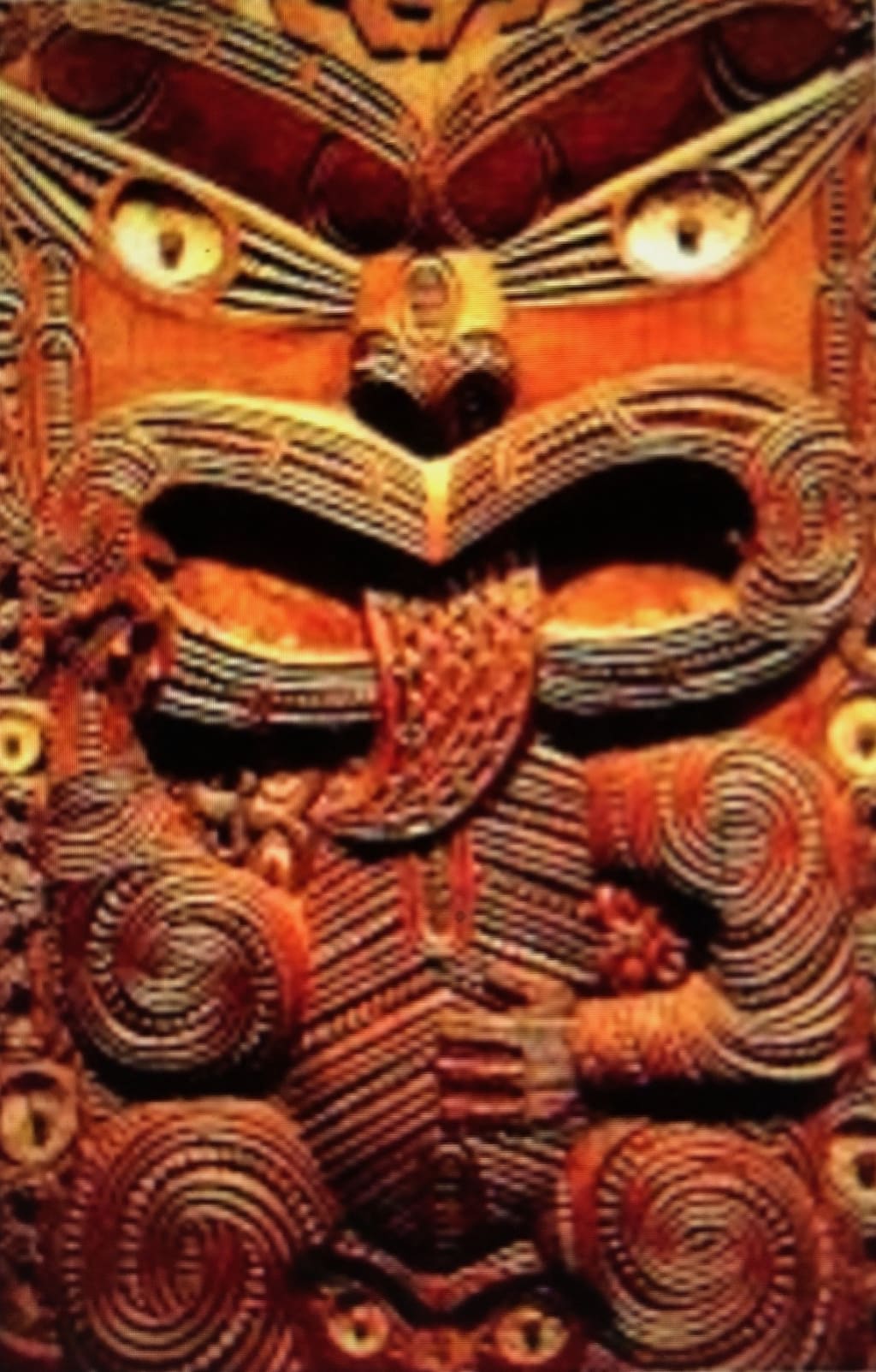
We had been married for years, before our cultural differences began to surface. When we were courting, our love accepted the differences of colour, economics and religion, but over the years, the attempt to ‘blend’ and create our own ‘culture’, had given rise to problems that were not atypical early in marriages.
We had met at university; bright, eager students ready to widen our understanding of the world. I was the first generation to receive post-secondary education. Psychology 101 taught the lesson that stated “You hate what is most like yourself”. It made me moderate my stance on several issues.
It was challenging for an 18-year-old to comprehend the impact of this lesson. In my early adult life, I became doubtful of my upbringing and questioned if it served me, or my children. I looked to science and research to give me answers. It has taken me decades to uncover a deeper level of self-analysis that was essential to survive the effects of when a purebred and a mongrel marry.
I am a mongrel, a combination of Mediterranean, Egyptian, Jewish, Italian, Asian, Greek, Persian and Indian blood that has been mixing for over 2000 years. Romeo and Juliet step aside, love envelopes unsuspecting victims of and does not care about the feuding nations. Furthermore, in times of war, raping and pillaging often results in consequential illegitimate offspring. It was said that the paternal Greek line carried the blood of Alexander the Great. The maternal line came from an Italian port town, need I say more about how a forceful or handsome stranger can make a lasting impression.
I have only recently come to grips with the many voices of my mixed heritage. There have been revelations because genetic memories have been awakened, and because I have had to deal with internal conflicts of how to react to a problem with my partner.
I discovered the awful truth that he refuses to believe what is fact and truth, as I know it. His family comes from a certain political line that upholds actions that are contrary to what he wants to believe. He refuses to acknowledge that he is the product of exactly what he says he despises. I have seen him deny, refute, and even exaggerate claiming heritage through his step grandmother, and Jewish and Indigenous friends.
At first, I was angry. I am uncomfortable with lies. He denies they are lies. I could not understand how, despite assuming all the trappings of an alternative bohemian free spirit, he embodies the very elements of a cultural fantasy that ignores truthful facts just because he dislikes them.
I love my partner. He denies a part of himself. This led to my feeling sorry for him. Poor him. Mankind can only bear so much reality. When trying to discuss the issue of self-acceptance, and ownership of actions, he denies he has any tendencies like his relatives. He says his responses are different than their relatively narrow cultural diversity. Pity does not make for a good relationship.
I have worked to understand his denial of fact and his cultural history. I remember my hesitations to respect how I was raised, but also knew that I did my best to accept responsibility for my actions. I strived to face challenges honestly seeing the facts. Decisions are not limited to first impressions, even when they are difficult to ignore.
After much thought, and multiple opportunities to objectively observe my partner, I gained inspiration on how to make the necessary changes after watching the film, "My big fat Greek wedding' . The line "the man is the head of the household, but the women is the neck that turns the head" gave me an idea of how to find a reasonable approach to deal with what I deemed was craziness.
I had visited New Zealand and been introduced the term 'whakapapa', defined by the Māori as a genealogical descent of all living things from God to the present time. Whakapapa links an individual to their ancestors, the gods, land, and the tribe. There is no single legitimate way to become a Māori. It does not depend on 'te reo', the language, or eating 'kina' a spiny sea urchin, or doing a convincing 'pukana', a contorted face by a haka performer of a war dance or challenge. There are the non-Māori Pakeha, a pale imaginary being resembling man and those who become Māori wjp invite others to become part of their greater community. They place great value on loyalty and the feeling of belonging to the tribe, that values authentic cultural traditions that support long-term thinking, guardianship and cultural authenticity.
I realize that legitimacy is an ideal. If it is limited to maternal or paternal bloodlines, language, religion or culture, or an invitation to select cults, fraternities, or sororities, it can be controlled by others and inspire preconceived ideas about who is included, or not.
I have learned to moderate what I consider my partners lies. I have changed the language, which he has now adopted and believes he discovered on his own. He now more willingly accepts his own self and his ancestors and his own choices. He loves to be recognized, accepted and with faith in a shared understanding of hand picks aspects of stewardship and guardianship of the earth that he wants to uphold. He feels connected and that he belongs to a tribe that is responsible to all life on Earth.
I cannot say if I understand his need to lie about the reality of his heritage. I am glad I was able to provide him with a story and the words that help him. He now speaks the truth about his family and seems to be gaining the strength to speak his own mind without lies.
About the Creator
Katherine D. Graham
My stories are intended to teach facts, supported by science as we know it. Science often reflects myths. Both can help survival in an ever-changing world.
Enjoyed the story? Support the Creator.
Subscribe for free to receive all their stories in your feed. You could also pledge your support or give them a one-off tip, letting them know you appreciate their work.






Comments
There are no comments for this story
Be the first to respond and start the conversation.